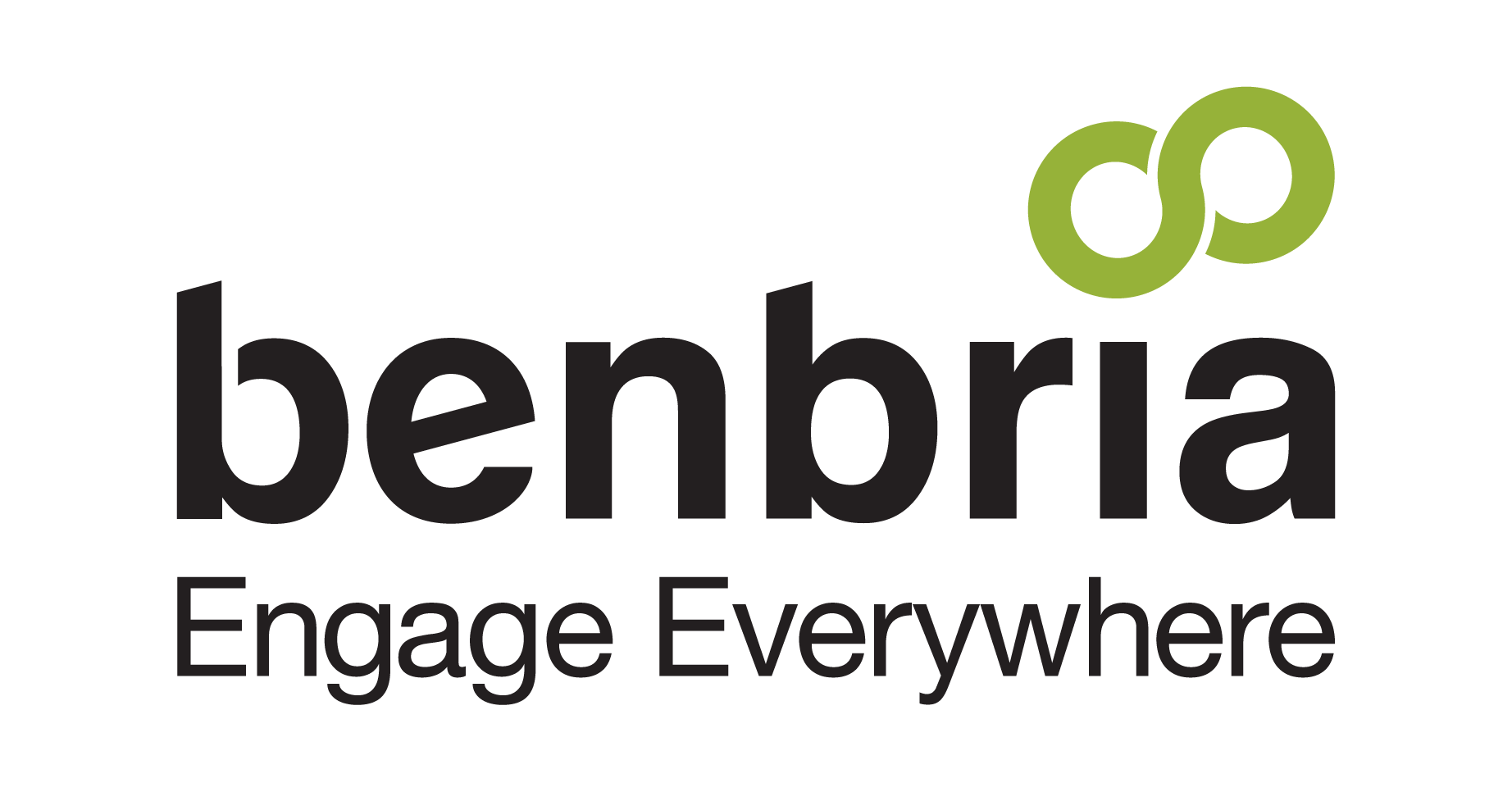In today’s digitally connected world, effective communication channels help to provide a personalized experiences to guests. Messaging is a powerful tool that enables hotels and resorts to engage with their guests in a more intimate and convenient way. In this blog, we explore how messaging in hospitality, both inbound and outbound, can significantly enhance the guest experience.
Part 1: Inbound Messaging
Inbound messaging refers to the communication initiated by guests. This allows them to reach out to the hotel staff with their queries, requests, and concerns. Here are some key benefits of implementing inbound messaging in the hospitality industry:
- Convenience and Accessibility: With messaging platforms like SMS, chatbots, or instant messaging apps, guests can easily communicate with hotel staff at any time and from anywhere. This accessibility empowers guests to seek assistance or information whenever they need it. With today’s highly connected world, taking an omni-channel approach to guest messaging is essential to providing convenience and accessibility to hotel guests.
- Prompt and Personalized Responses: Inbound messaging allows hotel staff to deliver quick and personalized responses to guests’s inquiries. With the help of automated chatbots or dedicated staff members, hotels can address common questions, provide recommendations, and offer assistance promptly. This real-time interaction enhances guest satisfaction and builds loyalty. Using the bot-to-human handoff, seamlessly switch between a Chatbot and a human to provide the guest a consistent experience.
- Pre-arrival and Concierge Services: Messaging platforms enable hotels to offer pre-arrival and concierge services to guests. Through inbound messaging, guests can request room upgrades, make restaurant reservations, book spa treatments, or inquire about local attractions. This personalized and seamless service contributes to an exceptional guest experience and sets the stage for a memorable stay.
Part 2: Outbound Messaging
Outbound messaging involves proactive communication from the hotel to the guest. This provides valuable information, personalized offers, and updates throughout their stay. Let’s explore how outbound messaging can enhance the guest experience:
- Pre-stay Engagement: Outbound messaging allows hotels to engage with guests even before their arrival. By sending personalized welcome messages, information about hotel amenities, local attractions, and pre-arrival forms, hotels can create a sense of anticipation and build a connection with guests before they step foot on the property.
- Real-time Notifications and Updates: Hotels can keep guests informed about their reservations, room readiness, and other relevant updates through outbound messaging. This real-time communication ensures a smooth check-in process and eliminates potential inconveniences. For instance, guests can receive notifications about early check-in availability or be alerted when their room is ready, allowing them to plan their arrival accordingly.
- Personalized Offers and Recommendations: With outbound messaging, hotels can send personalized offers, promotions, and recommendations based on guests’ preferences and past stays. This targeted approach not only increases the chances of upselling and cross-selling but also makes guests feel valued and appreciated. By leveraging data analytics and guest profiles, hotels can tailor messages to suit individual preferences and enhance the overall experience.
Inbound and outbound messaging have revolutionized the way the hospitality industry engages with guests. By embracing these omni-channel communication methods, hotels can provide a personalized, convenient, and memorable experience throughout the guest journey. The integration of messaging platforms enables hotels to exceed guest expectations, build strong relationships, and ultimately drive customer loyalty. As technology continues to evolve, it is crucial for hospitality providers to leverage messaging effectively and adapt to guests’ evolving preferences for communication.




